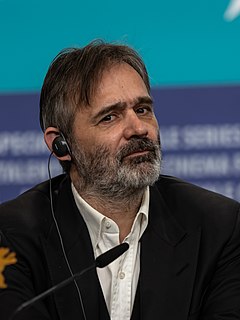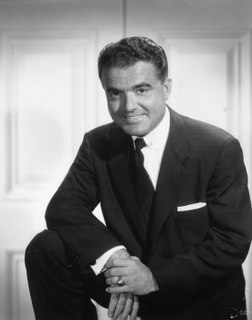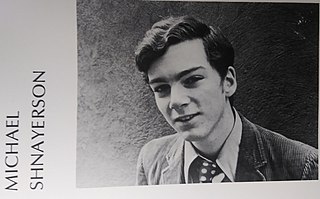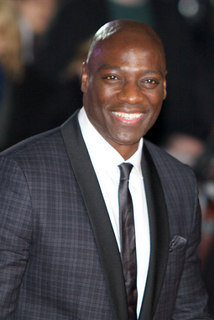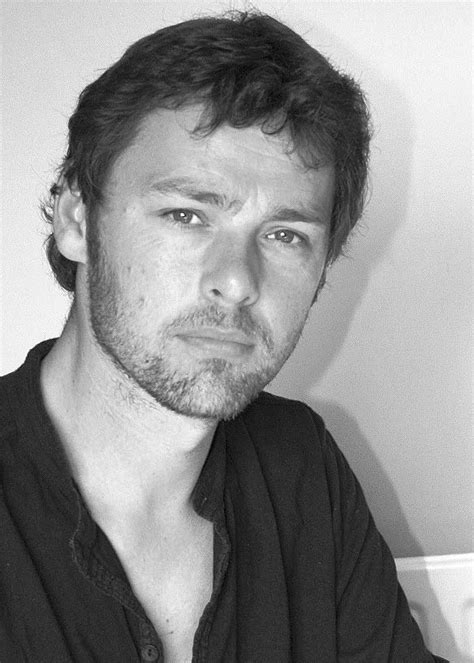A Quote by Gordon Chan
Most Chinese filmmakers grew up watching television; they watched films on television, not in cinemas. The scope of their vision is not big enough, they're not yet detail-oriented enough. You have to watch films in cinemas for years to understand the depth and scope of vision needed in filmmaking. Directors in China usually come from an academic background; they graduate as film directors. Whereas the directors from Hong Kong learn their trade on sets, beginning at the lowest rung.
Quote Topics
Academic
Background
Beginning
Big
Big Enough
China
Chinese
Come
Depth
Detail
Directors
Enough
Film
Film Directors
Filmmaking
Films
Graduate
Grew
Grew Up
Hong Kong
Kong
Learn
Lowest
Most
Needed
Oriented
Rung
Scope
Sets
Television
Trade
Understand
Up
Vision
Watch
Watched
Watching
Watching Television
Whereas
Years
Related Quotes
I think that what 'Oz' did is it spawned a great generation of television production. But people know its place in television and just in great dramas. It's the foundation of my career. Most producers, show runners, directors, and casting directors put me in movies based on my performance in that show.
I think my function working in China is to bring my experience and what we've gone through in the Hong Kong industry to China. I hope there'll be more and more new Chinese companies with vision, that understand producing and film financing. My plan for the future is to work with as many new companies as possible, to pass on my experience as to what is commercial film.

